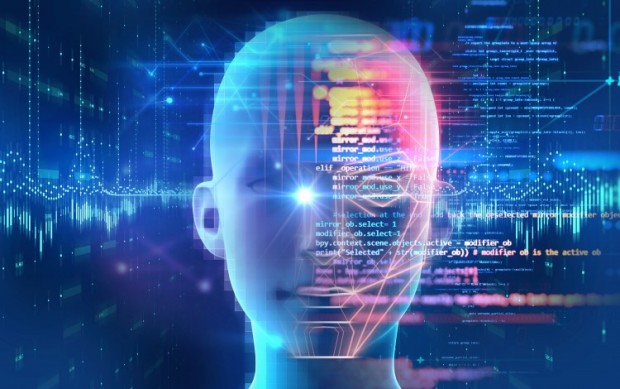
It's easy to get so caught up in the text-predicting capabilities of user-facing AI models like ChatGPT that you don't even consider what lies under the hood, making that text prediction possible. AI models, simply, are composed of two things: computation and remembrance.
Before being deployed, AI models are trained on enormous datasets in a process that can take weeks or even months, depending on the size of the model. Memory allows these models to both store and retrieve data; just like with humans, more powerful memory is a step closer to better models.
DON'T MISS: US Expert Warns of One Overlooked AI Risk
Pinecone -- which was recently valued at $750 million in a Series B funding round led by Andreessen Horowitz -- has created a vector database, something that grants AI models access to long-term memory. This database powers the "core infrastructure" for companies looking to build and scale AI models.
Pinecone doesn't build models; they provide one of the two technologies that the companies who are building models need.
"They need a technology that allows them to build a model, think about the model doing the kind of thinking. And they need a component that does the remembering," Dr. Edo Liberty, Pinecone's founder and CEO, told The Street. "Those are two separate infrastructures. One of them has to do with deep learning and training models. One of them is a storage retrieval memory database."
When you see somebody walking down the street, you first have to compute the image; analyze the nose, the ears, the eyes, etc. But you also have to be able to dip into your long-term memories to understand that you recognize the person walking in front of you. Part of the issue, he said, is a processing one and part is simple information retrieval.
Liberty -- as someone who has spent years in the "trenches of AI and machine learning" was curious about starting Pinecone long before he did it. Until recently, he said, the market just wasn't ready.
Pinecone launched in 2022, but the startup's growth exploded toward the end of the year, when the hype around generative AI took off.
More Business of AI:
- Here's the Startup That Could Win Bill Gates' AI Race
- Meet Your New Executive Assistant, A Powerful AI Named Atlas
- The Company Behind ChatGPT Is Now Facing a Massive Lawsuit
"Suddenly, we've gone from growing 15% month-to-month to growing sometimes 100% month-to-month. We are still in the throes of that motion," Liberty said. "The growth has been truly exponential. Not as a figure of speech. The adoption has been beyond phenomenal."
Ethical AI
These vector databases, according to Liberty, are key to unlocking responsible, compliant AI. With these databases, administrators have more control over their models and can delete certain facts from the memory of the model.
"You can be HIPAA compliant. You can have all the data governance and compliance you need for your business, and have all this data available to your AI models in a way that lets you sleep at night," Liberty said. "You know exactly what's there and what's not there."
Liberty -- noting his biased optimism as a technologist -- thinks that AI technology will change the landscape of society, but he remains optimistic that humans will do what they have always done: adapt.
"This is not new," he said, adding that the only recent technological leap has been the discovery of more tools that can "automate cognitive efforts." He doesn't see this automation of thought as a risk or singularity, however, just as a dichotomous tool that is equal parts "disruptive" and "exciting."
"Yes, this is going to be very upsetting to a very large number of people. I'm sure it is," he said. "But I don't think that's dangerous on a societal level."
The idea that humans are poised to overcome the potentially dramatic economic changes presented by AI is one that has been championed by other prominent leaders in the community, namely Microsoft's co-founder Bill Gates.
Other experts, however -- including Dr. Gary Marcus, DeepAI CEO Kevin Baragona and Dr. Srinivas Mukkamala -- have warned that the impact this technology will have on jobs cannot be compared to any prior revolutions.
Mukkamala told The Street in July that he anticipates AI will lead to "more inequality than ever." 99% of the world's population, he said, will be left behind.
"There's never been a technical wave like this," Baragona told The Street in June. "You should not compare this to prior revolutions."
Liberty, saying that these are "exciting" times, wants to encourage people to both explore the existing AI systems while also figuring out how to make these models "better, faster, safer, more secure and more dependable."
"It's very easy to misuse the technology," Liberty said. "I'm kind of both encouraging people to explore and do more, and, at the same time, be reasonable and be thoughtful on how you use this new technology."







